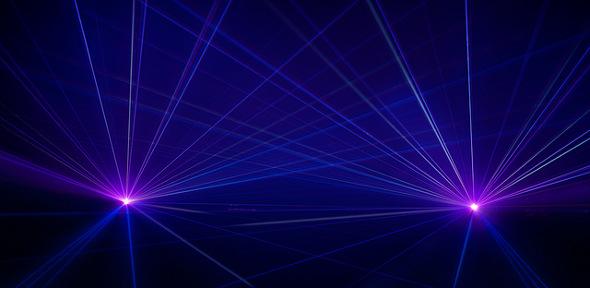
Professor Harry Coles and Dr. Philip Hands have been interviewed by The Naked Scientist Dr Chris Smith for the award winning BBC weekly radio programme.
The science of everyday life laid bare is the aim of the naked scientist interviews and Dr Chris Smith has a talent for taking complex scientific topics, in this case Tuneable Laser Technology, and helping non-scientists understand what they are about. Here is a taste of the interview:
Chris - COSMOS is a Cambridge University project that's developing a tuneable, portable laser for medical diagnostics and for scientific research. Here to show us how it works is Professor Harry Coles from the University of Cambridge and Dr. Philip Hands, also from the University of Cambridge. Let’s kick off with Harry. What actually is a laser first of all, Harry. Tell us about that.
Harry - LASER stands for Light Amplification by Simulated Emission of Radiation and it’s spelled LASER not the American way, with a Z. The easiest way to think of the laser and how it works is to imagine yesterday afternoon when it was raining. The rain comes down in a random pattern. But if that rain came down and got trapped on a washing line, for example, you'd have a whole lot of drops of water hanging on the line. Then if you flick that washing line, all of the water droplets drop down together. You get what's called a cascade process and because the line is at a certain height, you get the same energy dropping down in the water droplets.
A transcript of the interview can be found at: http://www.thenakedscientists.com/HTML/content/interviews/interview/1959/
Listen to the interview at: http://nakeddiscovery.com/downloads/split_individual/12.02.19/Naked_Scientists_Show_12.02.19_9731.mp3

